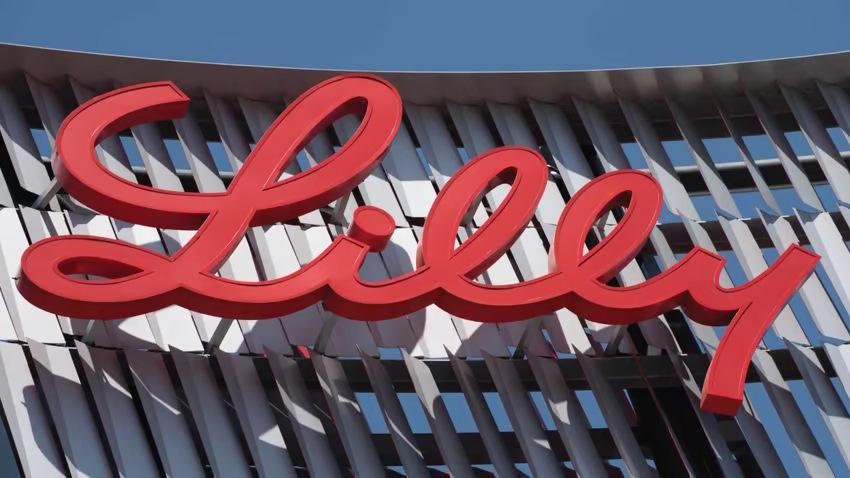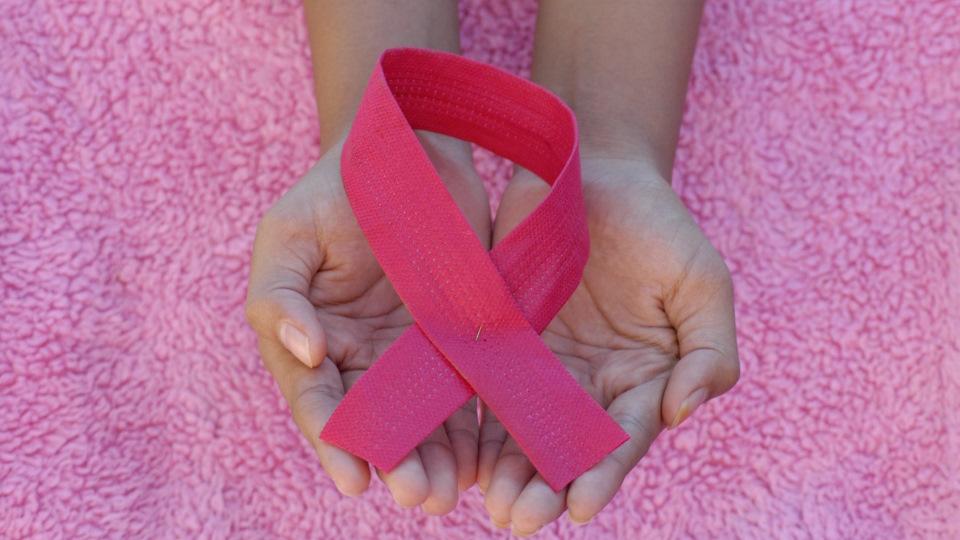FDA removes leash from Verzenio in early breast cancer

Eli Lilly’s Verzenio is already one of its fastest-growing products, but could go up another gear following a pair of FDA approvals that expand its eligible patient population – particularly in early-stage breast cancer.
CDK4/6 inhibitor Verzenio (abemaciclib) was the third drug in the class to reach the market, first approved in 2017 as a second-line treatment for post-menopausal patients with hormone receptor-positive, HER2-negative advanced or metastatic breast cancer after endocrine therapy.
The drug's use expanded into the first-line setting in combination with endocrine therapy in 2020, and the following year it also got a green light as adjuvant (pre-surgery) treatment alongside endocrine therapy for HR+/HER2- early breast cancer, where patients test positive for a biomarker called Ki-67.
Verzenio remains the only drug in the CDK4/6 class to be approved for adjuvant use in early breast cancer, which has helped it to buoyant sales growth, up 84% to nearly $2.5 billion last year.
In the first of the two new approvals, the FDA has cleared use of Verzenio in patients with early-stage breast cancer without the need to test for Ki-67 – something that the company had previously said was holding back growth of the drug, as it was not routinely used.
That means the drug can now be prescribed to patients at high risk of recurrence based on other clinical factors, like tumour size and grade, or whether their disease has infiltrated the lymph nodes, without the need to test Ki-67 lifting the brake on its use in early breast cancer.
The new approval is based on the results of the monarchE study, which found that adding Verzenio added to adjuvant endocrine therapy reduced the risk of recurrence by 35% compared to adjuvant endocrine therapy alone.
In the second approval, the FDA has lifted the restriction to post-menopausal on use of Verzenio in advanced breast cancer, making it an option for all adults, including pre- and peri-menopausal women who represent around 17% of the total patient population.
The new approvals are important for Verzenio’s sales growth as it tries to take market share from Pfizer’s first to market CVDK4/6 drug Ibrance (palbociclib), which currently leads the category with sales of $5.1 billion, but saw a slight decline last year.
Ibrance failed the PALLAS trial as adjuvant treatment for early breast cancer, giving Verzenio its own territory in the CDK4/6 market.
Pfizer’s drug was also recently approved for use in pre- and peri-menopausal women with advanced breast cancer based on the results of the PALOMA-3 study, but both Ibrance and Verzenio are playing catch-up in the category with Novartis’ Kisqali (ribociclib), which got a green light four years ago following the MONALEESA-7 trial.
Novartis, meanwhile, is also looking to muscle in on the adjuvant setting with the NATALEE trial of Kisqali, due to generate results later this year. The CDK 4/6 drug made $1.2 billion in sales last year, up 38%.
Lilly is clear that the adjuvant approval will have the most impact on both its drug and patients.
"This expanded approval will allow us to bring Verzenio to many more women and men with HR+, HER2-, high-risk early breast cancer in the curative setting – before patients experience recurrence, potentially to incurable metastatic disease," said Jacob Van Naarden, chief executive of the drugmaker's Loxo@Lilly subsidiary.
"The initial adjuvant approval for Verzenio changed the treatment paradigm, and the strength of the monarchE results supporting this approval underscores the role this differentiated CDK4/6 inhibitor can play in reducing the risk of recurrence in early breast cancer."













